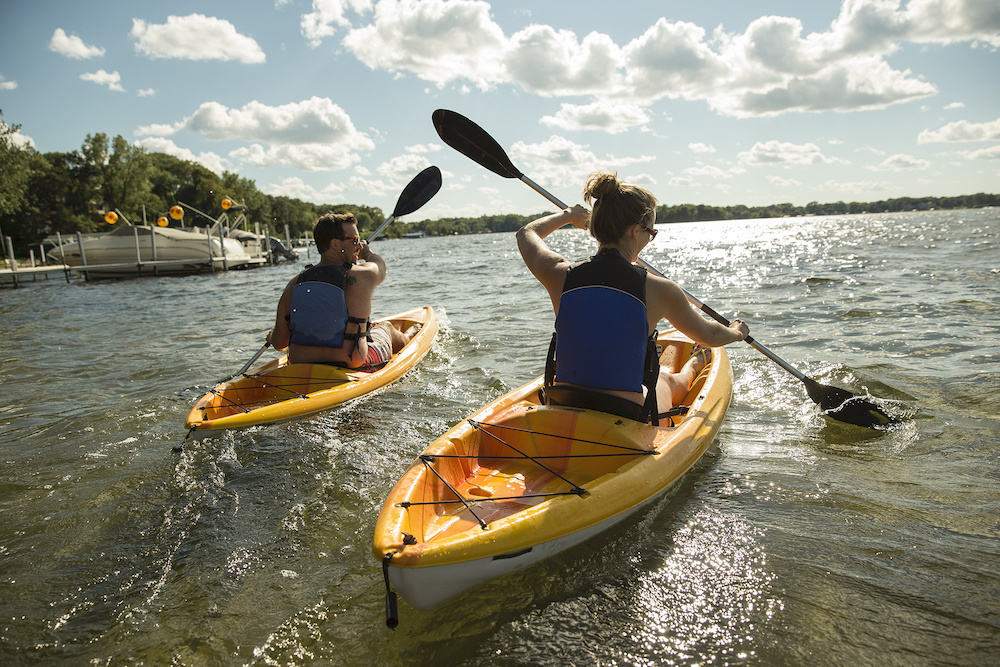Boating is the leisurely recreational use of an individual boat, whether sailboats, powerboats or other man-powered boats, usually intended for traveling, with the focus being on the recreation itself, and other sporting activities. Boating is an increasingly popular activity, and thousands of people take to boating each year. Boating is especially popular in Europe, where sailing has been around for a very long time. But in the United States, boating has been adopted much more slowly, and boats have not been able to compete with motorized passenger liners and airplanes for speed.
The origins of the sport can be traced back to New England: where early craft were outfitted with a small engine and with a paddle instead of a rudder. As the craft evolved, so did the method of using a paddle. In time, this became jousting, which involved attaching a rope to a paddler’s paddle to control direction. When this became possible, the popularity of this craft dramatically increased. Today, boats can be fitted with almost any type of engine, including jet drives, inboard or outboard motors, diesel engines, gasoline engines, and power turbines.
Boating today offers a wide variety of choices: for those looking to take this activity on. Smaller boats can be used for pleasure boating, and larger vessels can be used for commercial fishing, water sports, speed boating, and yacht racing. There are even yachts with cabins that are available for those who wish to spend some quiet time by the water. Smaller boats that can fit into small parking lots are also available for those looking for a quick boat ride.
In the United States: personal watercraft operators must obtain an operator’s license in order to operate a boat on the lakes. The license is available through the US Coast Guard, and it is easy to obtain. In many states, private operators need to have a written declaration from the vessel’s owner authorizing them to operate the vessel on lakes, rivers or other bodies of water.
A boater education is another way: that individuals can protect themselves when boating on public waters. All United States has boating safety classes that must be taken annually. However, it is important to attend these courses even if the state does not require them. Taking a boating education refresher class will ensure that a person has familiarity with local safety laws and regulations. By taking refresher courses, a boater can become familiar with recent developments in boating safety as well as learn how to prevent common boating accidents.
As a boater: one should always carry a minimum of two life jackets when on a vessel. These life jackets are meant to ward off drowning fatalities. Boating accidents on public waters are tragic affairs. Anyone who is involved in one would do anything in their power to avoid repeating the same mistake.
By taking the time to learn about boating safety and getting a boating license, a boater can lessen his or her chances of encountering a dangerous situation while out on the lake.

